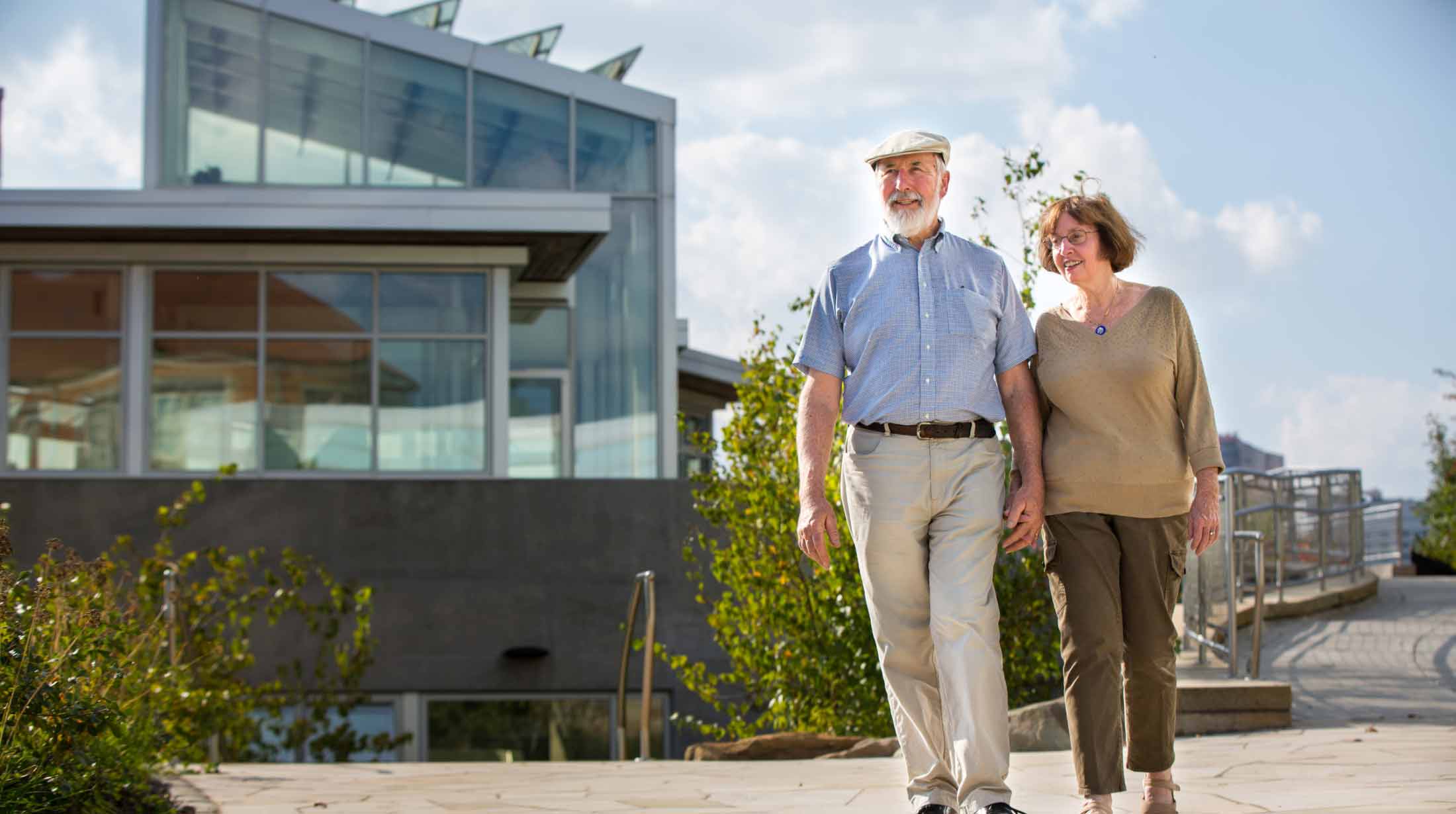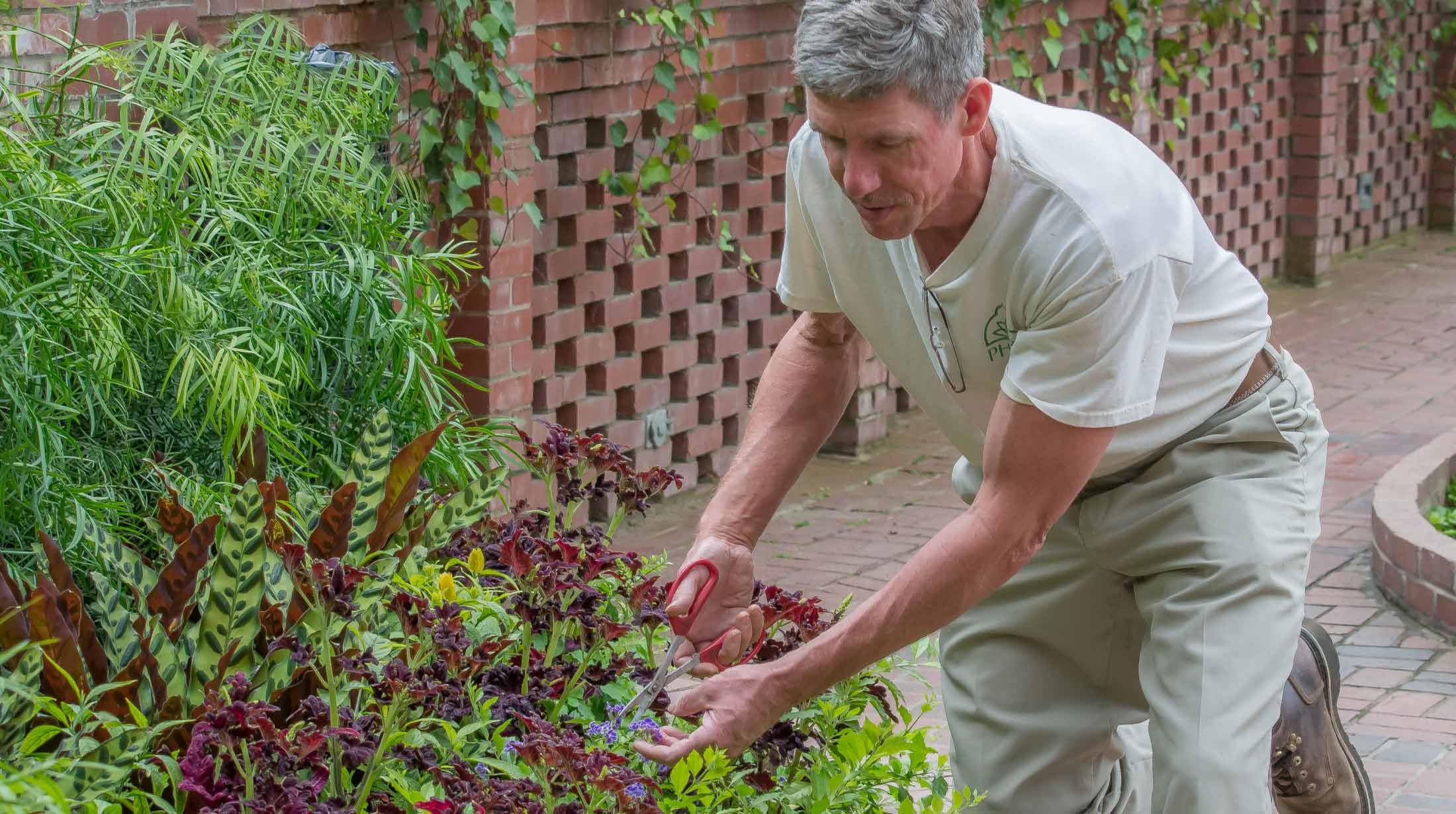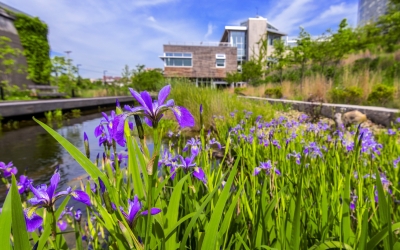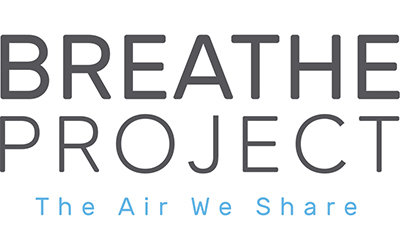Green Healthy Spaces, Operations and More
Phipps and Climate Change
Phipps is committed to promoting human and environmental well-being through action and research. Phipps is in consensus with the National Academy of Sciences position on climate change, which states that “human activities, especially the burning of fossil fuels (coal, oil, and gas), are responsible for most of the climate change currently being observed.”
Watch President and CEO Richard V. Piacentini's TEDx talk, "What We Can Learn from an Old Glasshouse," to learn about the evolution of Phipps.
From focusing our operations on reducing energy use to establishing some of the greenest buildings in the world on our campus, Phipps presents a robust plan for positive environmental impact to serve as a model for the world.
Buildings

All of our new building projects since 2005 have been energy efficient and/or LEED certified. In 2007 we adopted the Living Building Challenge as our standard. New buildings operate at net-positive energy from renewable energy produced on-site.
- Phipps reduced CO2 emissions by 56% per square foot from 2005 to 2016, far exceeding the goals set by the Paris Agreement for 2025
- All new building projects have energy-efficient and/or LEED certified since 2005
- 100% of campus electricity is produced on-site with solar and wind or by purchasing renewable energy credits.
- We purchase offsets for 100% of the carbon produced from heating our buildings
- The entire Phipps campus is WELL Health-Safety Rated rough the International WELL Building Institute (IWBI).
- Welcome Center: First LEED®-certified visitor center in a public garden (2005)
- Production Greenhouse: First LEED®-certified greenhouse (2006)
- Tropical Forest Conservatory: World’s most energy-efficient when opened, no greenhouse effect, earth tubes for cooling (2006)
- Center for Sustainable Landscapes, 24,350-square-foot research/education/administration building (2012):
- First and only facility to meet five of the world’s highest green building standards:
- Living Building Challenge™
- LEED® Platinum
- Four-Stars Sustainable SITES™ (like LEED for landscapes)
- WELL Building Platinum (how the built environment effects human health)
- BREEAM Outstanding In-Use
- Fitwel 3 Star rating
- Generates all its own energy from renewable energy produced on-site from PV’s and wind
- Uses 70% less energy than a typical office building
- First and only facility to meet five of the world’s highest green building standards:
- Nature Lab at Phipps: Modular, replicable, net-positive energy certified (2015)
- Exhibit Staging Center: Designed to meet Living Building Challenge and net-positive energy
Operations

Our practices are focused on reducing energy use.Energy not produced on-site is offset with renewable energy credits and offsets are purchased for all carbon emitted from heating our buildings.
- Our sponsorship program focuses exclusively on partnerships that reflect our sustainable mission and values.
- We reinvested the energy sector investments in our portfolio into renewable energy investments.
- Our horticulture program focuses on organic principles which minimizes our need for fossil fuel based fertilizers and pesticides.
- Our café features local, and organic produce which minimizes the need for fossil fuel based transportation, fertilizers and pesticides
Research
Part of our research program is devoted to collaborating with local universities and providing our buildings to be used as a lab for original research devoted to building performance.
- Collaborative research with Carnegie Mellon and University of Pittsburgh
Programs

All of our programs promote and follow sustainable practices and many address climate change and the need to develop sustainable lifestyles that are in harmony with nature. This includes our:
- Science education programs for children
- Fairchild Challenge program for middle and high school students
- High school and college internship program
- Botany in Action fellowship program for Ph.D. candidates
- Sustainable horticulture programs for adults
- Certificate programs for professionals
- Interpretive signage, programs and tours for more than half a million visitors per year
Photos © Julia Petruska, Annie O'Neill, Paul g. Wiegman





